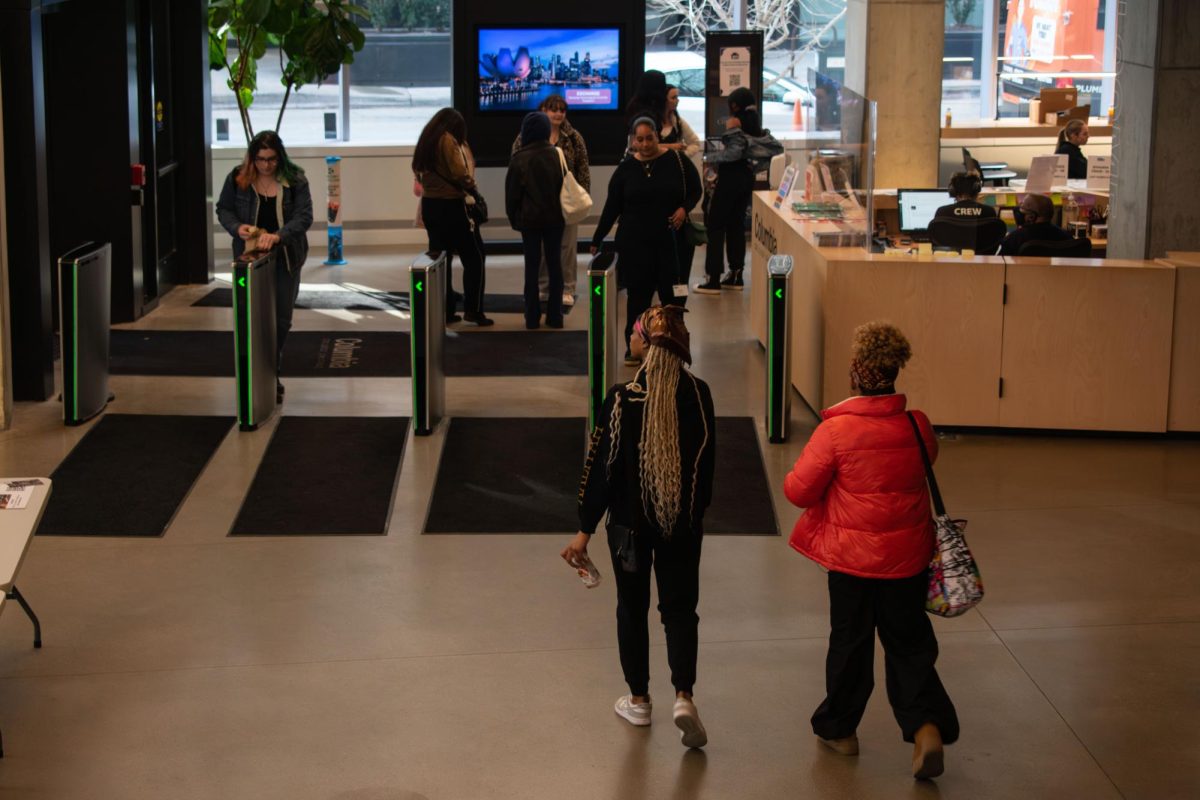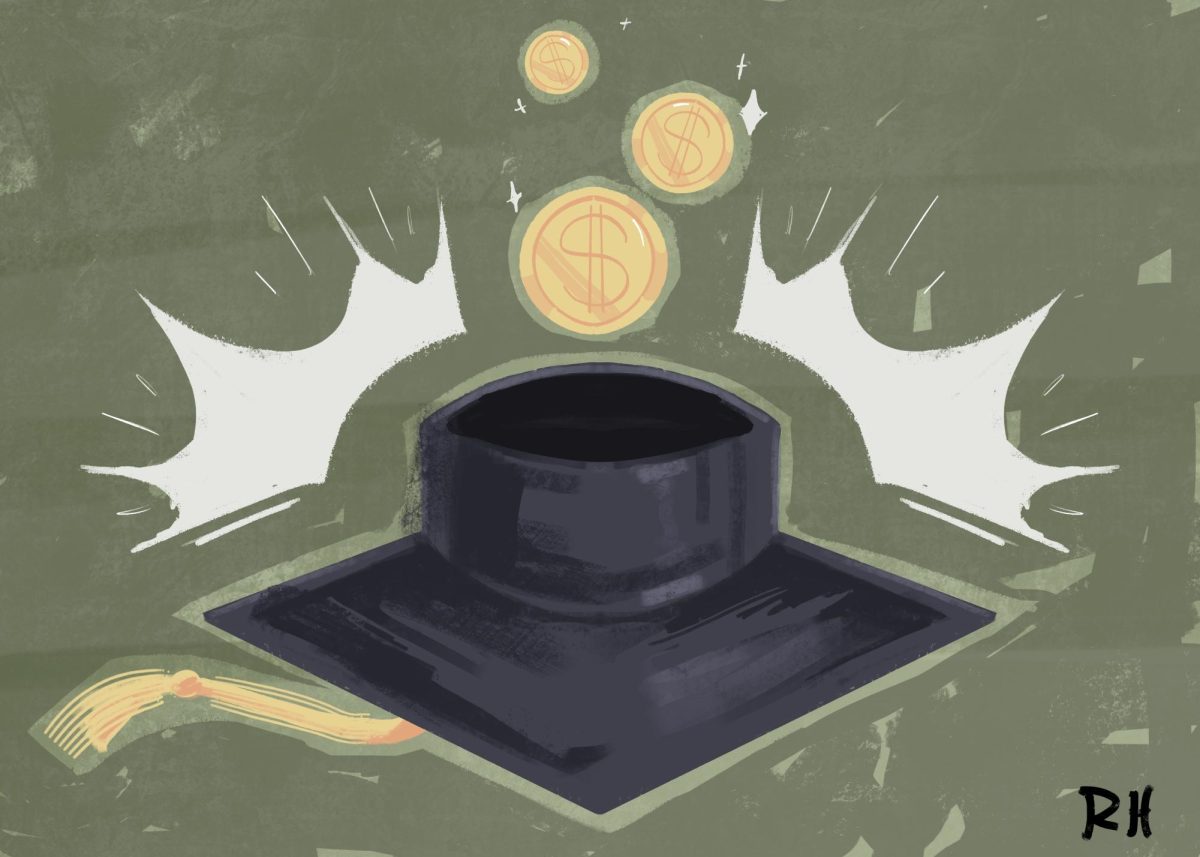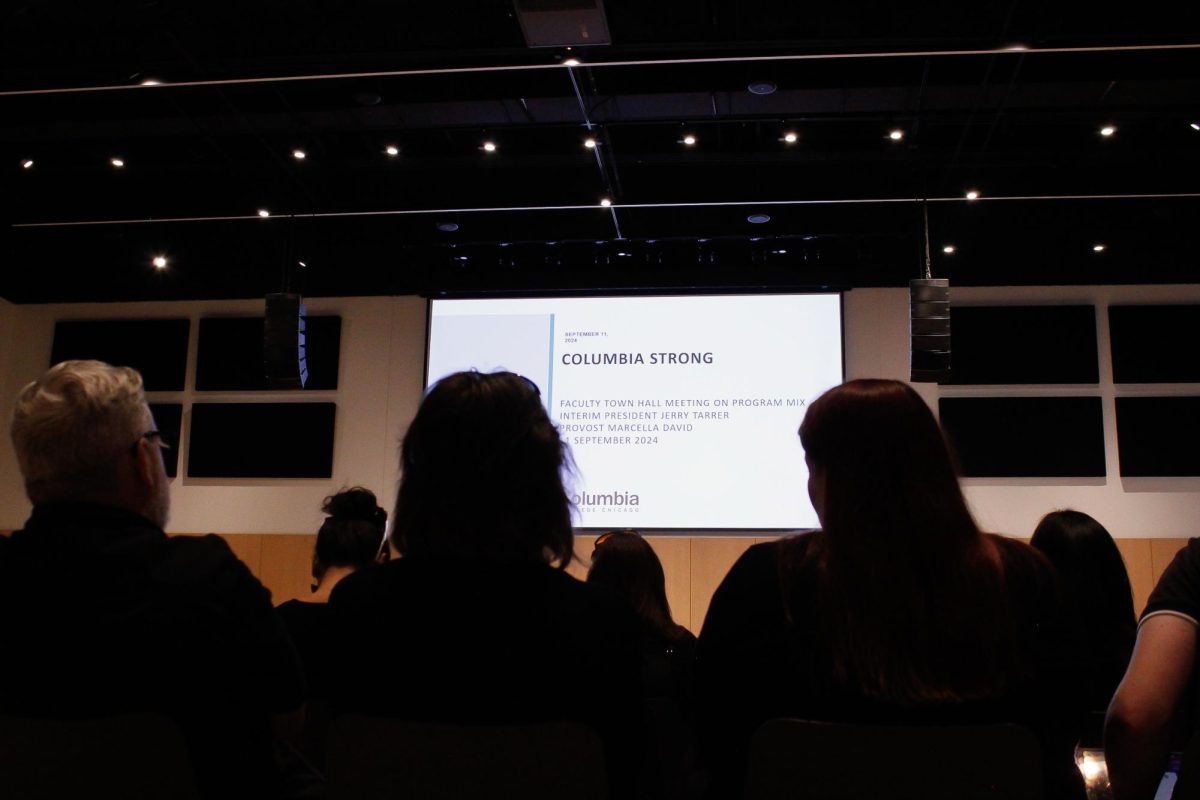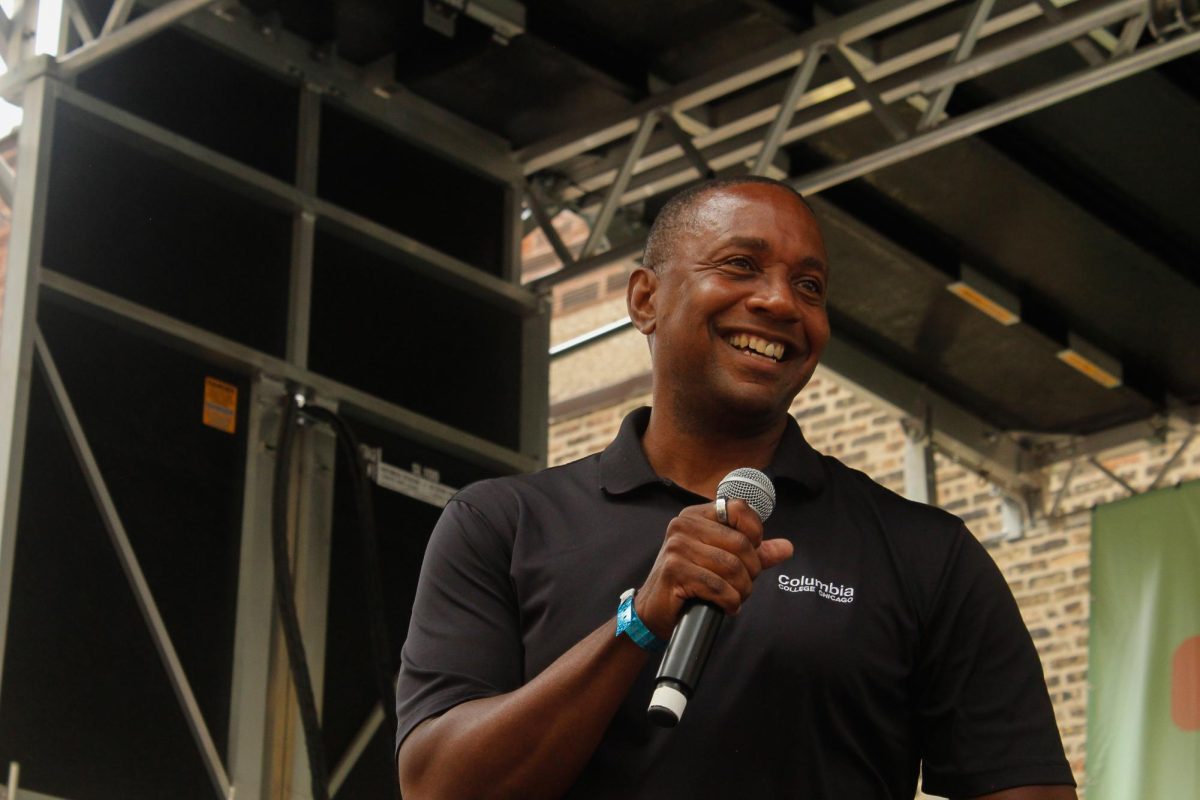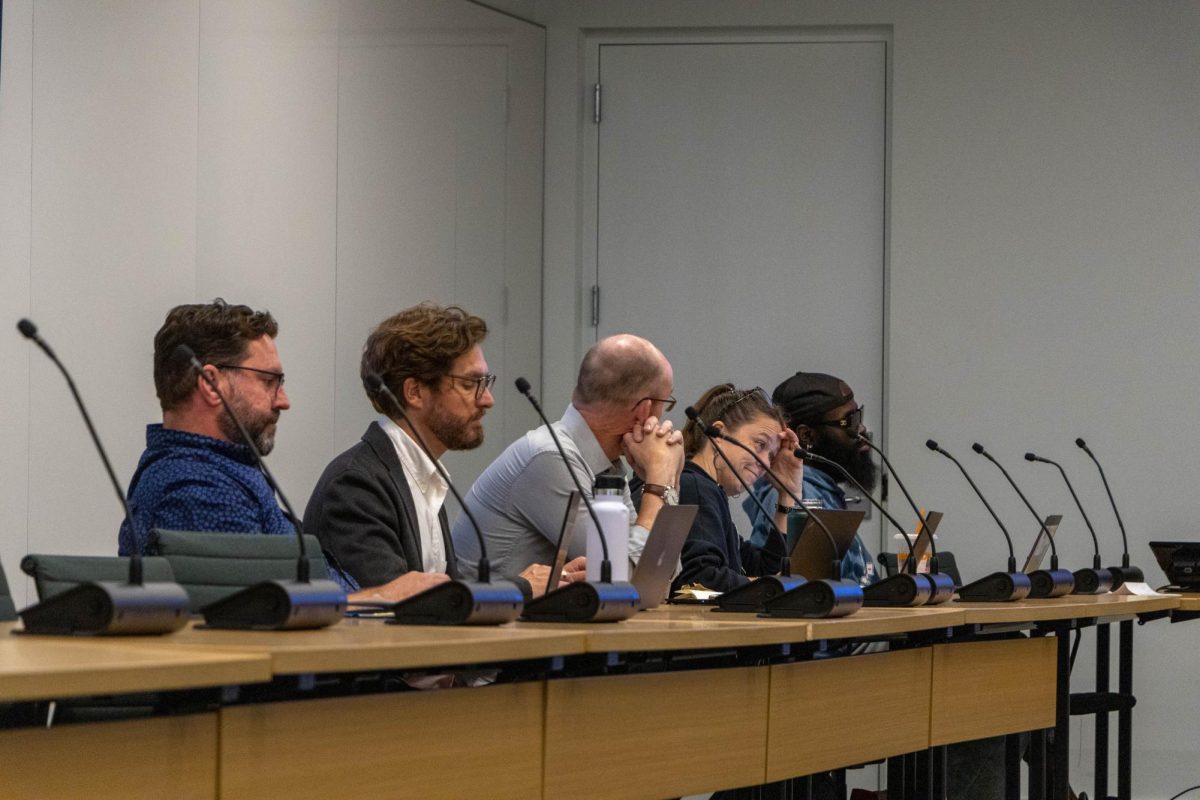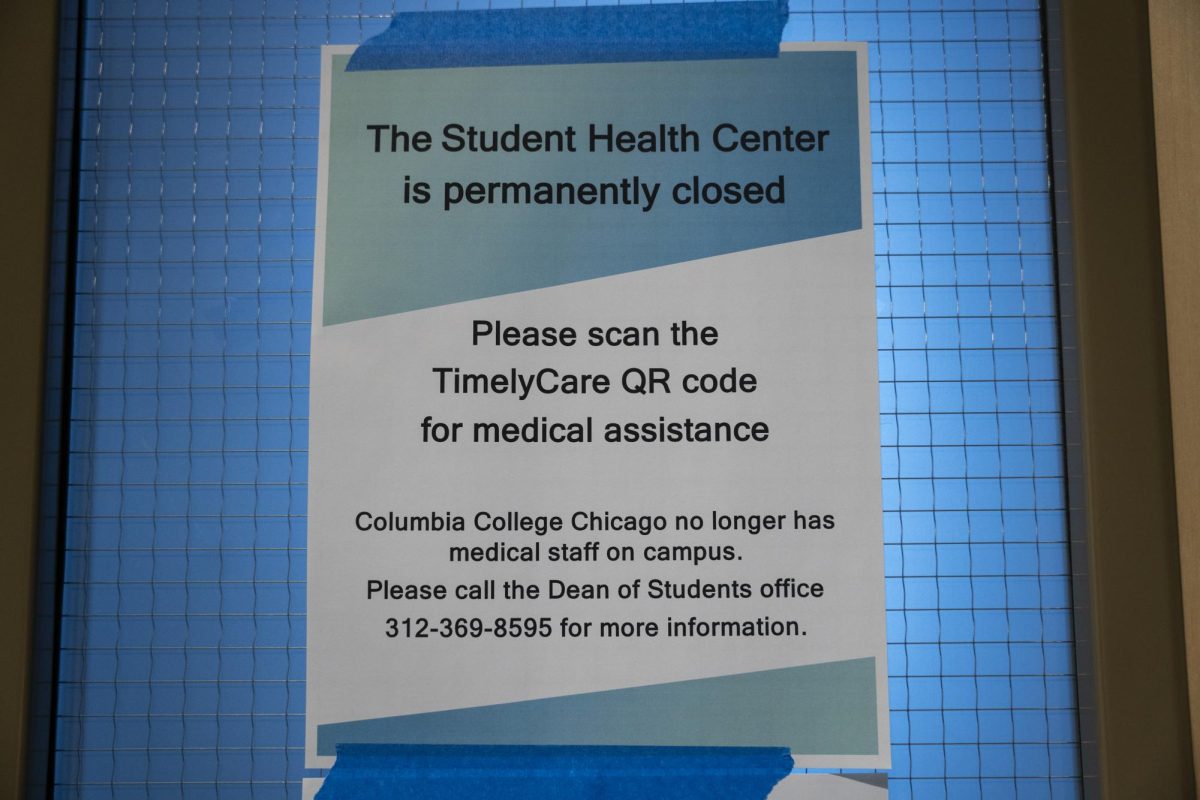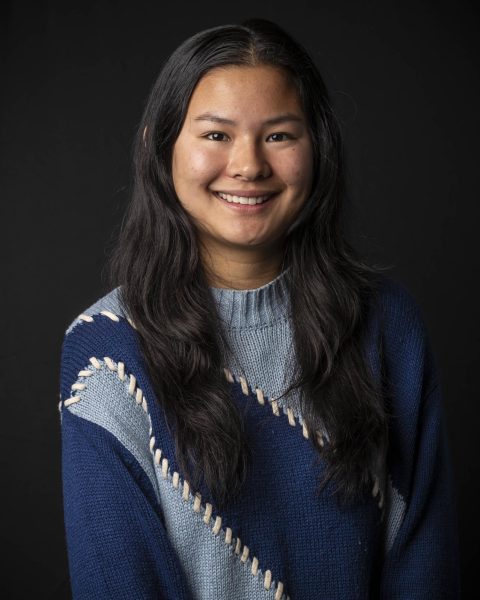The college is raising tuition 5% for the second year in a row in an attempt to address a growing financial crisis.
Full-time tuition will be $32,372 for the 2024-2025 school year, an increase of $1,538 over this year, according to the email sent to undergraduate students on Friday, Feb. 9.
The college’s Board of Trustees approved the increase on Thursday, Feb. 8. Fees also will go up by 2.1%, and housing will increase 3%. Semester in LA and U-Pass charges are not part of fees.
Last year, the college raised tuition by 5% and the year before, it raised tuition by 10% after not raising it for the previous two years due to COVID-19.
More than half of Columbia students do not pay the full tuition costs, as previously reported by the Chronicle. Last fall, 96% of first-year students received a discounted rate due to scholarships.
President and CEO Kwang-Wu Kim has said that because Columbia is a tuition-based institution the increased scholarship support makes it hard to bring in enough revenue to support the college.
He told faculty in August that the college put about $78 million of its tuition revenue back into scholarship support. “We essentially put one-third of our operating budget in scholarship support,” he said, while outlining cost-cutting measures the college would need to take to close the deficit. “That’s not a sustainable number.”
Galaxy Wolf, a first-year fashion merchandising major, said she relies on scholarship money and student loans to pay her tuition and housing at the college.
“It’s normal for universities and colleges to raise tuition eventually or periodically, but seeing the amount of $1,500, that’s kind of a lot,” she said. “Like why they’re having to do it? I kind of wish they would share that with us instead of just like, ‘oh, tuition is more now.’”
In a series of presentations this week, Kim said the college needs to make $19 million in cuts for next fall.
He also said in a Faculty Senate meeting today that at the direction of the Board of Trustees, the college will start a process to determine whether its financial situation is so bad that it may need to lay off full-time faculty with tenure appointments.
In an email on Thursday, Feb. 8 from Senior Vice President and Provost Marcella David stressed the urgency of addressing the financial issues.
Kim also said due to “reputational damage” from the strike, student applications for the fall 2024 semester are down 11% below what they were during the fall 2023 semester.
“A smaller enrollment will impact next year’s revenue and make the need to continue to address the cost of the delivery of education at Columbia College Chicago as urgent next year as in the past few years,” she said.
The provost’s office is aiming for an overall budget reduction of $3.8 million, or 6.8%.
David said she expects some departments to “adjust their fall and spring schedules to react to the lower enrollment target,” and for some departments to create larger section sizes.
Sophomore animation major Alex Cardenas said they feel “betrayed,” between the tuition increase and the part-time faculty strike last fall that disrupted the semester for seven weeks.
“I thought that Columbia was going to be a good enough school to teach me what I needed to know for my career,” Cardenas said. “I had high expectations when I first entered freshman year, and I started losing hope after the strike, especially since one of [CFAC’s] big reasons was because of money.”
First-year music major Manuela Lopes worries about the tuition increase as an international student who is paying for her own tuition, while struggling to get scholarships.
“I’m an international student so it’s really hard to get scholarships,” Lopes said. “I feel like I’m in a place that I have to transfer even if I don’t want to, so if I ended up going back to Brazil, because of everything that’s happening right now it’s just literally going to be the saddest thing that happened to me.”
Student Government Association President Tyler Harding, said he is “disappointed” by the decision to increase tuition and that every student at the college will be impacted negatively by the raise.
“A lot of Columbia students, including myself, pay their way through college, and this 5% increase is going to make it harder to do that,” Harding said in an email to the Chronicle. “I hope Columbia will try to raise more outside scholarship funding to help our low-income students continue their education.”


